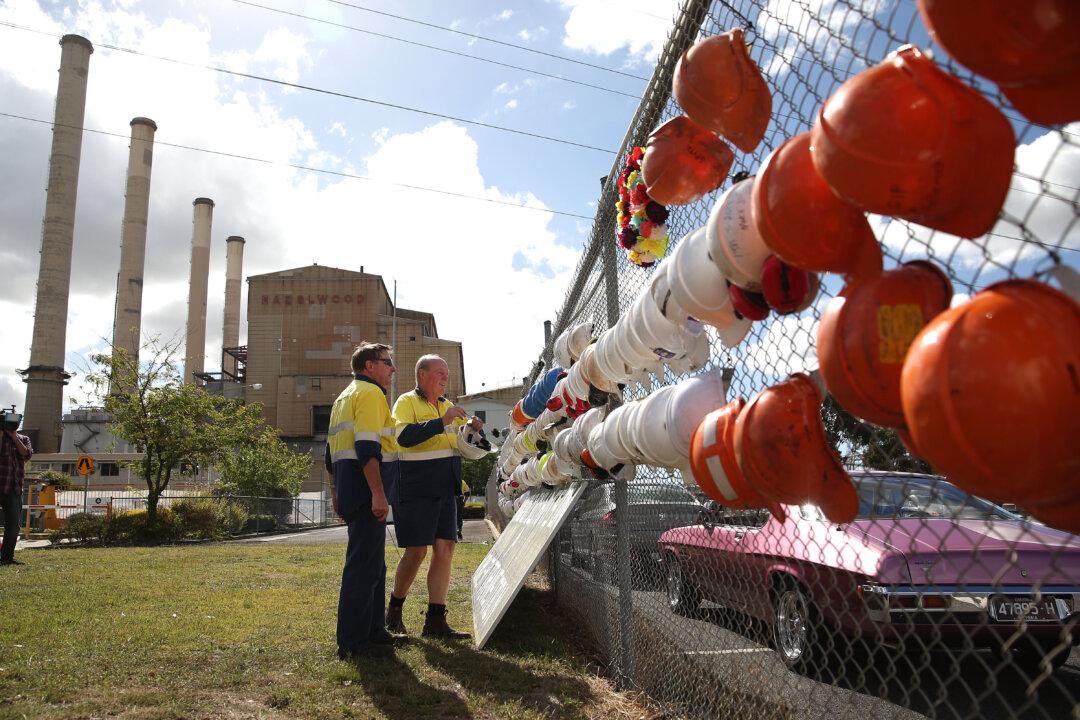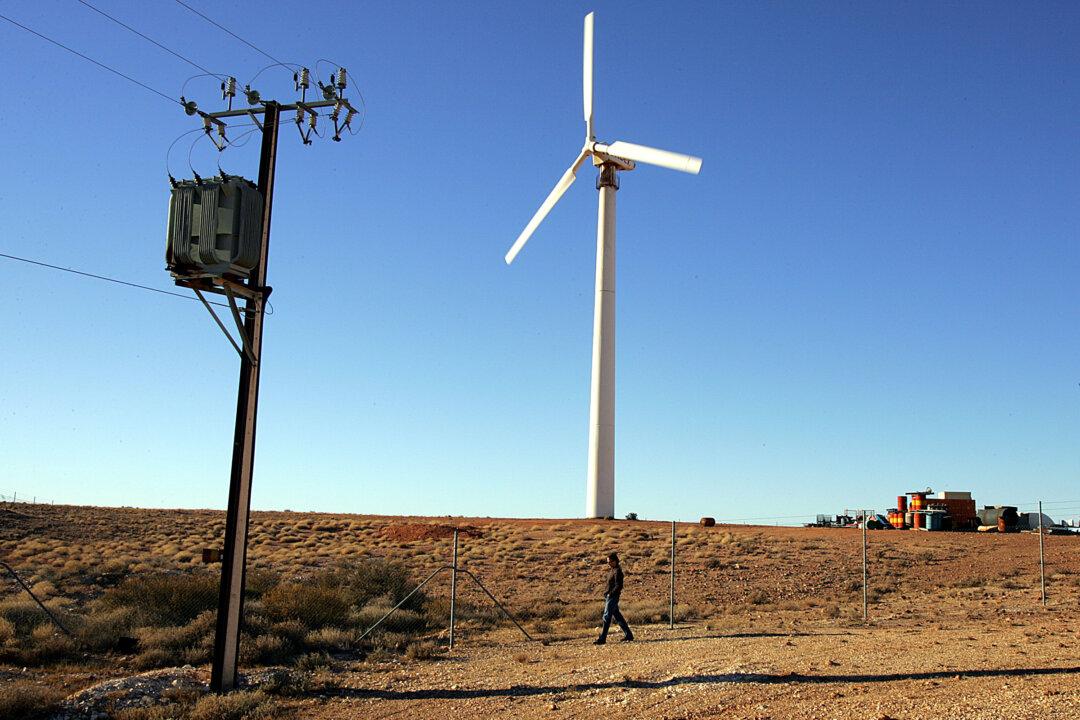The Australian government has introduced new measures to address the exploitation of migrant workers among local businesses.
Under the changes, employers who force workers to breach their visa conditions will face jail terms instead of penalties under existing laws.
In addition, those found to have exploited migrant workers in the past will be prohibited from hiring people on temporary visas.
The legislation package also raises the penalties for offensive behaviours, introduces new compliance tools to deter exploitation, and repeals a section of existing migration law that is deemed to undermine whistleblowers.
According to the government, around one in six migrants who recently arrived in Australia are paid less than the minimum wage.
Immigration Minister Andrew Giles said there was an exploitation crisis in the country.
“These reforms will help workers speak up and target those employers who do the wrong thing.”
As part of the initiative, the government will provide $50 million (US$33 million) in extra funding to the Australian Border Force to enable it to enforce the new laws.
There will also be consultations on potential whistleblower protections for migrant workers and how to improve cooperation between the Fair Work Ombudsman and Home Affairs department.

Home Affairs Minister Clare O'Neil accused the former Coalition government of not taking action against exploitation within Australia’s migration system, which she said had “drifted deeper and deeper into reliance on low-paid temporary migrant workers.”
Unions Support Government’s New Legislation
Following the government’s announcement, the Australian Council Of Trade Unions (ACTU), the largest worker union in the country, welcomed the new legislation while denouncing migrant worker exploitation as “a national shame.”“More needs to be done, and we will work with the Federal Government and other stakeholders on further proposals to engineer exploitation out of our migration system, including an evidence-based approach to skill shortages.”
Meanwhile, University of New South Wales Associate Professor Bassina Farbenblum, who is also the co-executive director of the Migrant Justice Institute, said the law reform could have a significant impact on the migrant exploitation situation in Australia if they were well designed.
“Dodgy employers will no longer be able to assume that international students and other migrants will suffer in silence if they’re underpaid or abused.”
Record Increases to Minimum Wage
The new legislation package comes after the Fair Work Commission announced a record lift to Australia’s minimum wage.From July 1, the national minimum wage, which applies to all workers who are not covered by an award or registered agreement, will soar by a total of 8.6 percent, taking the pay rate for lowest-paid workers from $21.38 to $23.23 per hour.
Additionally, the minimum wage for workers employed via contracts or agreements will be raised by 5.75 percent.

The new minimum wage increases were much higher than what the business community had proposed (around four percent), sparking harsh criticism among many industries, including hospitality and retail.
Andrew McKellar, the CEO of the Australian Chamber of Commerce and Industry, said the wage rises were a hammer blow for 260,000 small and family-owned businesses in the country amid economic headwinds.
“The Fair Work Commission has made a dangerous choice to chase after the supply-side inflation shock that we are experiencing,” he said.
“An arbitrary increase of this magnitude consigns Australia to high inflation, mounting interest rates and fewer jobs.”





